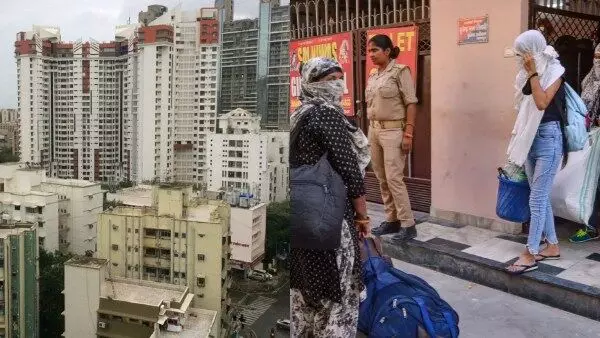Bengaluru PG Crisis: Why Thousands of Accommodations Are Shutting Down
Bengaluru's paying guest (PG) sector is collapsing amid civic crackdowns, tech layoffs, and soaring operational costs. Learn why thousands of PGs are vanishing from the city’s tech hubs.
Bengaluru PG Crisis: Why Thousands of Accommodations Are Shutting Down

Once considered the go-to housing option for Bengaluru’s student and migrant tech workforce, the city’s Paying Guest (PG) accommodations are now facing a silent crisis. A combination of stricter civic regulations, rising operational costs, and a dip in demand has led to the closure of hundreds of PG facilities—particularly in tech-heavy zones like Mahadevapura and Marathahalli.
What’s Triggering the Shutdowns?
The sharp decline in PG operations is linked to new rules implemented by the Bruhat Bengaluru Mahanagara Palike (BBMP) under Section 305 of the BBMP Act, 2020. These regulations require PG owners to:
Obtain trade licenses
Ensure a minimum of 70 square feet of living space per person
Install CCTV cameras in common areas
Provide at least 135 litres of water per resident per day
Comply with hygiene and fire safety standards
Acquire food safety licenses if meals are served
Additionally, PGs located on roads narrower than 40 feet are now prohibited from operating. In April alone, over 100 PG kitchens in Mahadevapura were sealed for non-compliance with town planning norms and licensing rules.
Revenue Loss and Mass Closures
The new guidelines have significantly increased the cost of running PG accommodations. According to investment analyst Hardik Joshi, PGs in certain areas are witnessing up to a 25% revenue drop. “Two PGs are shutting down daily,” he said in a LinkedIn post, calling it a “quiet crisis” affecting thousands of people.
To make matters worse, tech industry layoffs have led to reduced demand for temporary housing. PG owners can no longer pass on rising costs—such as commercial electricity and water charges—to their tenants, resulting in financial losses.
Over 10,000 PGs Running Illegally
Sukhi Seo, secretary of the Bengaluru PG Owners’ Association, revealed that only about 2,500 of the city's 12,000 PGs are officially registered. “The remaining 10,000 are operating without proper approvals, and face constant risk of raids by civic authorities,” she said.
What was once a profitable sector promising 6–8% returns is now becoming unsustainable for investors. Many are pulling out due to fears of regulatory penalties and shrinking margins.
A City at Crossroads
PGs have long been an integral part of Bengaluru’s urban ecosystem, especially for newcomers seeking affordable living near tech parks and colleges. Often criticized for cramped conditions, they still served as vital stepping stones for those trying to establish themselves in the city.
Now, with stricter compliance requirements and falling profitability, Bengaluru may be pushing out the very population that fuels its economy. As the PG model collapses, concerns are growing about housing affordability and inclusivity in India’s Silicon Valley.

